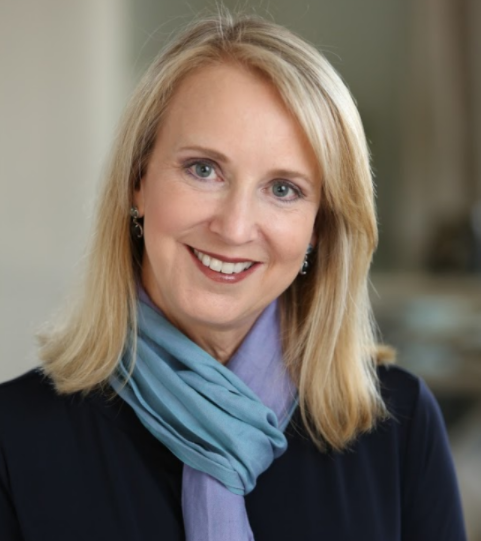I was diagnosed with breast cancer ten years ago. While I am grateful to be alive, the experience led me to become a fierce champion of an entirely different cause.
During my 12 months of treatment, including aggressive chemotherapy and multiple surgeries, my family, friends, and community members rallied by my side. The flowers, babysitting and carpool assistance, and home-cooked meals were abundant. And it made me angry. Where was this outpouring of friendship years earlier when I needed it most, when my young son was so ill that he ended up in a psychiatric hospital? Cancer was easy compared to the pain I felt struggling to understand and get help for my son’s illness.
My son was a happy, energetic, curious, and fun-loving little boy. His engaging and adventurous demeanor was contagious and he had more friends than we could keep up with. In retrospect, there were early warning signs of a potential mental health disorder. But at the time we had no idea that a young child could struggle with mental health problems for no apparent reason. Without any fundamental knowledge of children’s mental health, it was easy for me to buy into the idea that his struggles were caused by my own faulty parenting. Children’s “mental health” was simply not a topic anyone talked about in my community.
In first grade, my son slowly withdrew from activities and friends. He spent most of his time at school in the nurse’s office with headaches and stomach complaints. He became increasingly fragile, irritable, and erratic. He hated school and most of the world around him. By the time he was 9 years old, he told me he no longer wanted to be alive. His volatile behavior made it difficult to maintain any semblance of normalcy. Rumors spread, and friends disappeared.
Those early years were filled with doctor appointments, medical and psychological tests, therapies, medications, and a myriad of other treatments to help him. I would have done anything to ease his pain, and ours. Running out of options and hope, we made the brutally painful decision to send our 12-year-old son to a residential treatment center, where he would ultimately get the help we were unable to provide at home. There were no flowers, casseroles, or offers to help with carpools. We felt completely alone and terrified as we fought to save my son’s life.
My experiences battling cancer and fighting for my son’s life could not have been more different. No one told me that I somehow caused my cancer, nor did they diminish its significance. Doctors quickly collaborated and created a treatment plan. Neighbors banded together with support, care, and community. I fought cancer with my community by my side. The battle to care for my son was fought in painful, lonely silence. I remember when cancer was the “C” word, highly stigmatized, and not talked about openly in public. Stepping out of the shadows, families began to share their stories and a public health campaign to fight fear with knowledge emerged. Knowing they were not alone and had no reason to feel ashamed, families worked together to change the narrative around breast cancer. They were champions and survivors.
My initial anger turned into inspiration and during my treatment for cancer, I thought hard about how I could make a difference. How could we mimic the breast cancer movement so that families who are struggling to care for loved ones with mental health challenges will get the support and treatment they need? How could we change the narrative so that “green ribbons” and conversations about early intervention for mental health disorders are commonplace?
There are millions of families who live in the shadows of silence and shame because their children are struggling with their mental health. Sadly, 1 in 5 children struggles with a diagnosable mental health disorder and half of all lifetime cases of mental health disorders begin to emerge before the age of 14 years old. Suicide is the second leading cause of death for young people between the ages of 10 and 24. Our children are dying. We can and must do better.
Like the breast cancer movement, we need a strong public health campaign about mental health to fight fear with knowledge. Parents and caregivers need to be included as an essential part of the conversation, not as a source of blame, because no one sees or knows our children the way we do. But none of this will happen if we don’t step out of the shadow, share our stories, and work together.
I know it’s difficult to stand up when all we want to do is protect our children. We are afraid of labeling our kids, of “outing them” as “mentally ill.” We are worried they will be treated differently, lose their friends, not be able to get a job. That may be true, but I would suggest that our collective silence contributes to those realities. I hear parents say “it’s not my story to tell” or “my child would be furious if I talked about it.” I understand. But how can we create a world without shame if we are not willing to stand up for them? What are we teaching our children if we stay silent?
The breast cancer movement saved my life. My cancer was caught early because mammograms are commonplace and I was not afraid to talk about it or seek treatment.
Like with so many other health problems, early intervention for mental health struggles can save lives. As parents and family members, we need to become champions, so our children can be survivors! Together, we can support and empower each other. Together, we can change the world.




















